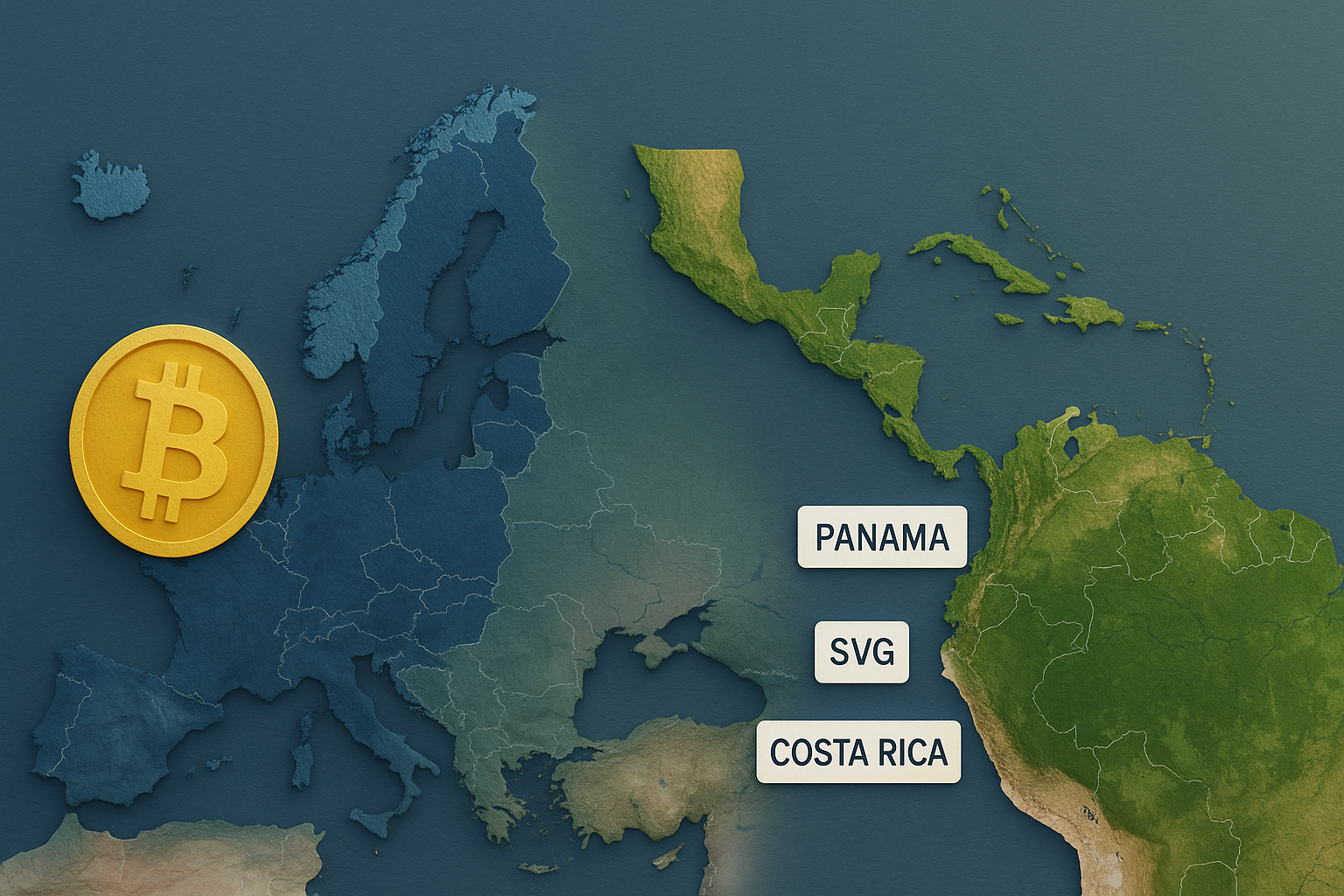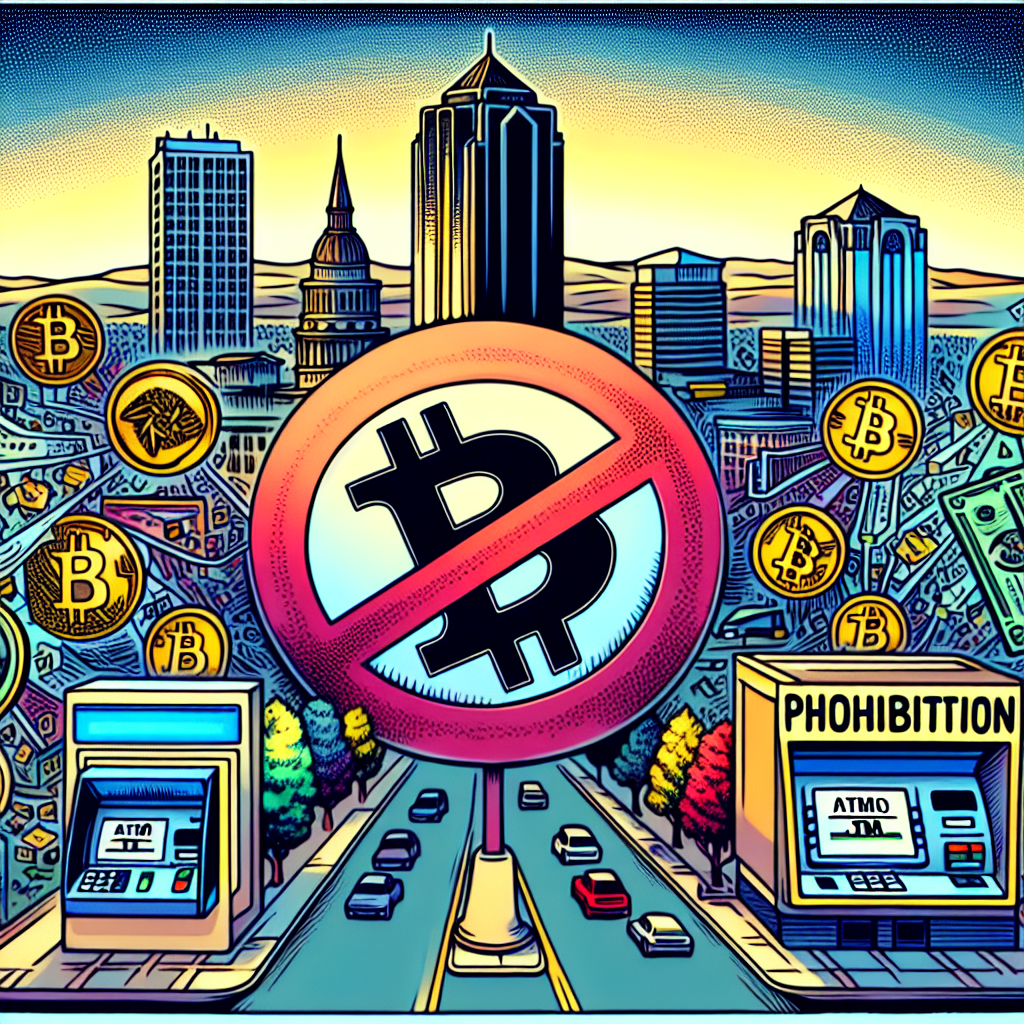In a significant regulatory move, Brazil has introduced a policy altering the operations of stablecoins within the country, particularly affecting self-custodial wallets.
The Brazilian regulatory authorities have initiated a significant shift in the nation’s cryptocurrency environment. In a first-of-its-kind move, the country has imposed restrictions on the withdrawal of stablecoins to self-custodial wallets.
Regulatory Restructuring
This decision stands out as a unique regulatory move as it notably affects the operations of digital wallets classified as ‘self-custodial’. With these wallets, users have complete control over their private keys. Consequently, this move fundamentally alters the operations of stablecoins within the nation.
What Led to This Move?
The rationale behind this development stems from the regulatory body’s concerns about money laundering and the financing of terrorism. The regulators believe that self-custodial wallets might be potential sources for illicit activities due to the anonymity and control offered by these wallets.
From a broader perspective, this decision follows a pattern of increased regulatory scrutiny of cryptocurrencies worldwide. Countries such as China and the United States have been enforcing tighter regulations concerning cryptocurrency transactions in an attempt to ensure safer practices within the industry.
The Implications of This Change
The effects of this new regulatory framework will be far-reaching. Stablecoins play a significant role in the cryptocurrency ecosystem by offering price stability. Their use is widespread in transactions and as a method of storing value.
So, how might this change affect users? It now means that any user wishing to withdraw their stablecoins will need to do so to an approved third-party custodial wallet, where the private keys are managed by a service provider. This strips users of the autonomy and privacy afforded by self-custodial wallets, thereby affecting the freedom associated with cryptocurrency transactions.
Moreover, this could also impact the decentralized finance (DeFi) sector, which relies significantly on stablecoins for various operations. Users might become more cautious about using decentralized exchanges, potentially slowing down the growth of the DeFi sector in Brazil.
A Global Ripple
This decision by Brazil could set a precedent for other countries, especially amid the intensifying global scrutiny of cryptocurrencies. This move could potentially inspire other nations to impose similar restrictions to gain better control over cryptocurrency transactions within their jurisdiction.
The world is in a state of flux with regards to cryptocurrency regulations. As countries grapple with ways to regulate the industry without stifling innovation, unexpected regulatory measures like this are likely to keep surfacing. For now, the crypto industry is waiting to see how this situation evolves, and importantly, how the market reacts.
Looking Forward
Despite the immediate challenges that such regulatory changes present, they might ultimately lead to a more regulated and secure cryptocurrency environment in the long run. A balance needs to be struck between safeguarding users and facilitating innovation, and the world will be closely watching how Brazil navigates this balance.
In the meantime, users and operators within the cryptocurrency sector need to adapt to these changes and stay informed about new developments. The cryptocurrency world is set for some interesting times ahead, and it will be fascinating to see how things develop.






